What are the benefits of undergoing minimally invasive laparoscopic surgery for appendicitis?
Laparoscopic surgery for appendix removal or laparoscopic appendectomy is performed under general anesthesia, which means that the patient would be asleep while the surgery is performed. In laparoscopic surgery for appendix removal, a laparoscopic surgeon makes 2-3 small incisions near the belly button and inserts a port which creates an opening and fills the abdomen with gas. Since the abdomen is inflated with gas, the surgeon gets space to perform the surgery well. The surgeon then inserts a laparoscope that has a tiny camera attached to it inside the abdomen. The camera guides the surgeon to view inside the abdomen which the surgeon can see on a monitor. The surgeon locates the appendix and removes it through one of the incisions. The results of a laparoscopic appendectomy may vary from one person to another depending upon several factors. But, in general, this procedure is considered to be the safest of all forms of surgical treatment for the removal of an appendix.
Benefits of laparoscopic surgical removal of appendix include:
- A shorter time in the hospital
- Getting back to normal activity faster
- Less pain after post-surgery
- Nil to very few surgical scars
- Get back to normal bowel movements sooner
What happens when appendicitis is not treated on time?
An appendix may not cause not always cause severe complications. But in some cases, the appendix may burst and cause life-threatening complications.When the appendix bursts, the peritoneum or the appendix lining may get infected with bacteria. This condition is known as peritonitis where the bacteria lining may spread and infect other parts of your abdomen too. Now the question is, how will you identify the condition of peritonitis?
Common symptoms of peritonitis include:
- Sudden excruciating pain in the abdomen
- An increase in the heartbeat
- A rise in body temperature
- Trouble breathing
- Abdominal swelling
To prevent these potential complications, it is crucial to consult an appendicitis specialist at the earliest.
What is the difference between acute and chronic appendicitis?
Most people confuse chronic and acute appendicitis with each other. Appendicitis occurs when the appendix becomes infected or inflamed and starts causing abdominal pain. But in acute and chronic cases, the frequency and severity of the pain are quite different.
Acute Appendicitis
Appendicitis is said to be acute when a person develops severe symptoms suddenly, within 24-48 hours. It is a medical emergency that should be treated without further ado. It occurs due to the following reasons-
- A viral, bacterial, or parasitic infection in the digestive tract
- Stools causing a blockage in the tube between the large intestine and appendix
- Inflammatory bowel disease
- Injury or trauma in the abdomen
- Tumors
Without treatment, the appendix can rupture or burst out within 2-3 days if the symptoms persist. Moreover, the abdominal pain will be intense and hard to ignore.
Chronic Appendicitis
Chronic appendicitis can occur due to many different reasons, such as:
- Inflammation and obstruction of the appendix
- Accumulation of fecal matter
- Calcified fecal deposits or appendix stones
- Trauma to the abdomen
- Enlarged lymph nodes and glands
- Build up of foreign objects
- Tumor
In chronic cases, the pain (this is the primary symptom) of appendicitis lasts for longer periods, most often a week or so. There can be other symptoms like fever, swelling, tenderness in the abdomen, tiredness, nausea, diarrhea, etc. present alongside. However, not all people with chronic appendicitis will have these symptoms.
The symptoms also subside on their own and return abruptly, which further makes it harder for the doctor to diagnose the condition accurately. Out of all the cases of appendicitis, only 1.5% are chronic.
What complications can arise if appendicitis is left untreated?
Appendicitis can become life-threatening if it is not treated on time. There is a very high possibility that acute appendicitis causes the appendix to rupture due to which the fecal matter and bacteria spill into the abdominal cavity. This can lead to the following complications:
- Peritonitis- As the appendix bursts, the lining of the abdominal cavity or peritoneum can become infected and inflamed. This is called peritonitis which is a fatal condition. If this happens, you will have a fast heartbeat, high fever, shortness of breath, and severe abdominal pain consistently. The doctor will first have to treat the infection with the help of antibiotics. Once the infection is resolved, only then the doctor can proceed with appendix surgery.
- Abscesses- Sometimes, abscesses may also form around the burst appendix. It usually forms when the white blood cells in the body try to fight the infection. To treat appendicitis, the doctor will first treat the infection and drain the abscess to perform an appendectomy.
- Sepsis- In rare cases, the bacteria from the ruptured appendix may enter the bloodstream and travel to other parts of the body, causing sepsis. It will cause symptoms, such as high or low temperature, confusion, severe sleepiness, and shortness of breath. It is one of the main reasons for death in appendicitis patients.
If these complications arise, it can make it difficult for the doctor to treat appendicitis right away.
How to prevent appendicitis?
Generally, there is no assured way to prevent appendicitis from occurring, except for diet control. By choosing the right food and a balanced diet, you will be able to keep your digestive tract healthy and prevent the appendix from becoming inflamed.
Foods You Should Eat:
All foods that are rich in fiber help to prevent appendicitis. These foods include:
- Oats or wheat gram for breakfast
- Whole wheat flour
- Brown rice
- Fresh fruits
Foods You Should Avoid:
Here are the food items that can increase your risk of appendicitis:
- Fried foods that are fatty and irritate the digestive system.
- Alcohol as it harms the liver and affects digestion.
- Processed foods, such as meat or frozen food items.
- Baked goods, including cakes, pastries, cookies, etc.
- Excess of sugar
List of Appendicitis Doctors in Faridabad
| 1 | Dr. Vipin Nagpal | 22285 | 5.0 | 31 + Years | Pristyn Care Elantis Hospital, Lajpat Nagar, Delhi | Book Appointment |
| 2 | Dr. Daipayan Ghosh | HN 28275 | 4.5 | 23 + Years | Pristyn Care Sheetla Hospital, Sector 8, Gurgaon | Book Appointment |
| 3 | Dr. Rajiv Khurana | HN-010907 | 4.5 | 15 + Years | Pristyn Care Sheetla Hospital, Sector 8, Gurgaon | Book Appointment |
| 4 | Dr. Raj Kumar Singh | DMC/R/9272 | 5.0 | 13 + Years | Pristyn Care Diyos, Safdarjung Enclave, New Delhi | Book Appointment |
| 5 | Dr. Rakesh Kumar | 32335 | 4.7 | 20 + Years | No. 142, Avtar Enclave, Paschim Vihar, New Delhi | Book Appointment |
| 6 | Dr Rahul Poddar | 77776 | 5.0 | 19 + Years | Noida, Uttar Pradesh 201301 | Book Appointment |
| 7 | Dr. Piyush Gulabrao Nikam | 91173 | 4.5 | 17 + Years | Pristyn Care La Midas, Main, Nathupur Rd, nr. 38, DLF Phase 3, Sector 24, Gurugram, Haryana 122002 | Book Appointment |
| 8 | Dr. Piyush Sharma | DMC/R/6110 | 5.0 | 16 + Years | Pristyn Care Elantis Hospital, Lajpat Nagar, Delhi | Book Appointment |
| 9 | Dr. Yanshul Rathi | 51422 | 4.5 | 15 + Years | 306, GF1, Sector‐04, Vaishali, Ghaziabad | Book Appointment |
| 10 | Dr. Tushar Goel | 92503 | 5.0 | 12 + Years | Sector 26, Behind Nithari, Police Chowki, Noida | Book Appointment |
| 11 | Dr. Vivek Girotra | 28392 | 4.5 | 26 + Years | -- | Book Appointment |
| 12 | Dr. Saurabh Kumar Goyal | 52708 | 4.5 | 19 + Years | Pristyn Care Diyos, Safdarjung Enclave, New Delhi | Book Appointment |
| 13 | Dr. Suyash Rawat | 54426 | 4.5 | 18 + Years | Pristyn Care Sheetla Hospital, Sector 8, Gurgaon | Book Appointment |
| 14 | Dr. Amish | 99475 | 4.5 | 14 + Years | -- | Book Appointment |







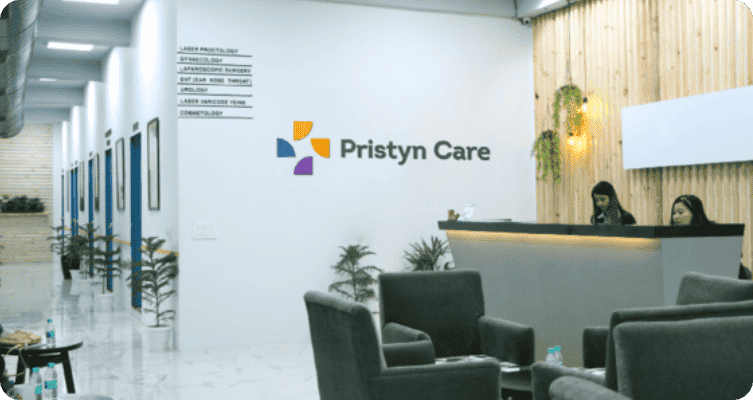

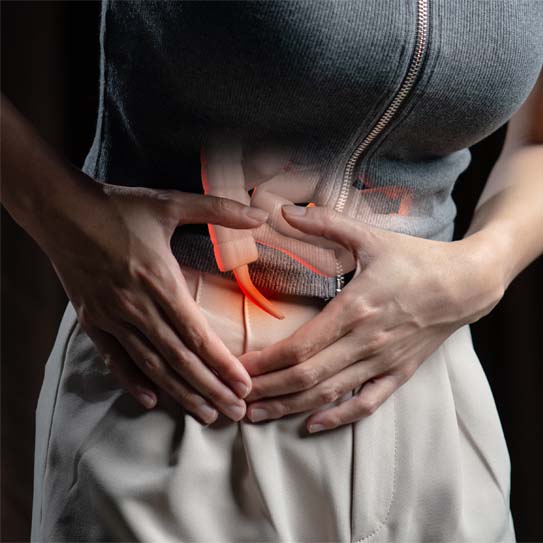
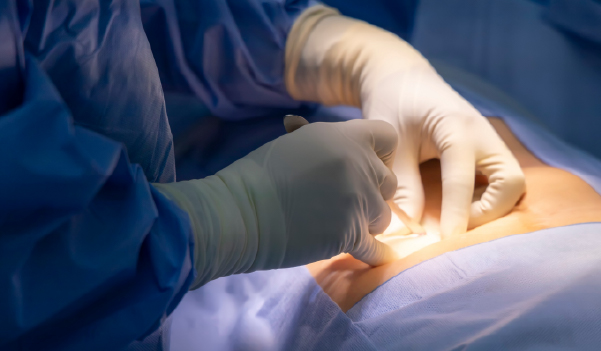
_11zon-ca864071060981e9.jpg)


 NABH
NABH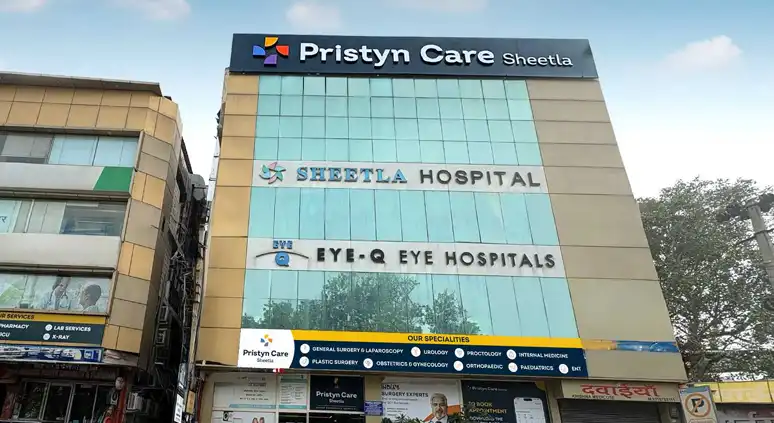
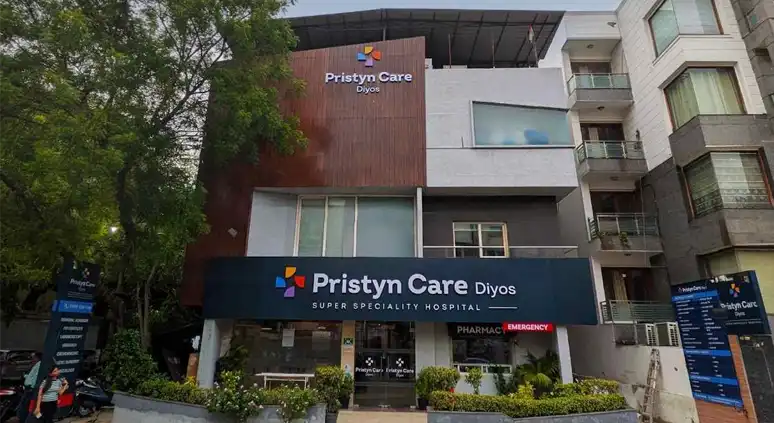
 NABH
NABH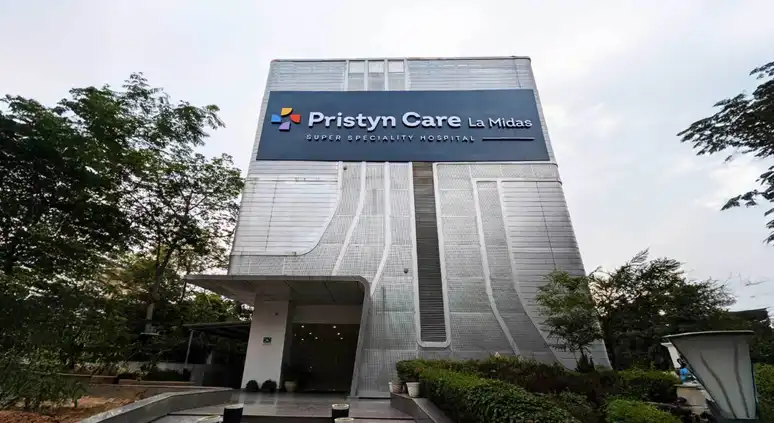
.svg)









